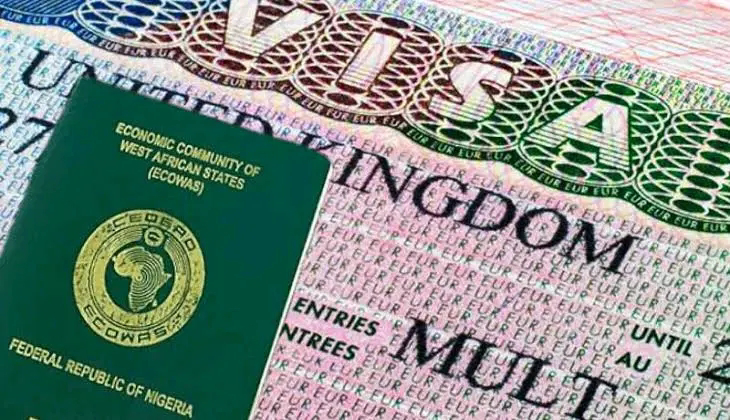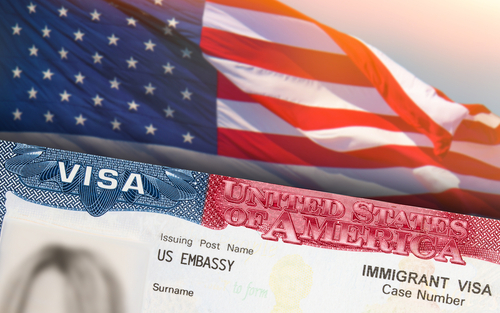Visa Nightmare: UK’s New Immigration Rules Spark Panic Among Nigerians

The UK Government’s recent overhaul of its Immigration Policy has sent shockwaves through the Nigerian Community in the UK, with thousands facing potential deportation due to changes in visa rules. The new regulations, which came into effect on July 22, 2025, have removed over 100 jobs from Certificate of Sponsorship (CoS) eligibility, leaving many Nigerians uncertain about their future in the Country.
Under the revised rules, the general Skilled Worker Salary Threshold has been increased to £41,700 or higher, while Health and Care roles remain at £25,600. However, employers in Health and Care roles are now required to show the salary after deductions, meaning that £25,600 is the minimum amount employees receive after deductions. The minimum skill level for eligible jobs has also been raised to Level 6 (Bachelor’s Degree Level), excluding previously eligible Level 3-5 roles.
The new regulations have affected a wide range of jobs, including:
– Managers and Proprietors: Agriculture, Forestry, Hospitality, and Logistics
– Health and Community Roles: Dispensing Opticians, Pharmaceutical Technicians, Youth and Community Workers, and Counselors
– Protective Service Roles: Police Officers, Fire Service Officers, and Prison Officers
– Creative and Performing Arts Professionals: Artists, Authors, Translators, Actors, Dancers, Photographers, and Interior or Fashion designers
Many Nigerians in the UK are panicking about the new rules, fearing they may not be able to renew their visas or find new jobs that meet the new Salary Thresholds. Some have expressed concerns about being forced to return home when their current sponsorship expires.
According to Sulaimon Okewole, CEO of Cardinal E-School and Edu Services, over 10,000 Nigerians might be forced to return home due to these new rules. The UK Government aims to reduce net migration, but the impact on Nigerians and other Immigrant Communities has raised concerns about the policy’s fairness and effectiveness.
As the situation unfolds, many Nigerians in the UK are left wondering what the future holds for them. Will they be able to adapt to the new rules and find new opportunities, or will they be forced to leave the country they have called home? Only time will tell.


